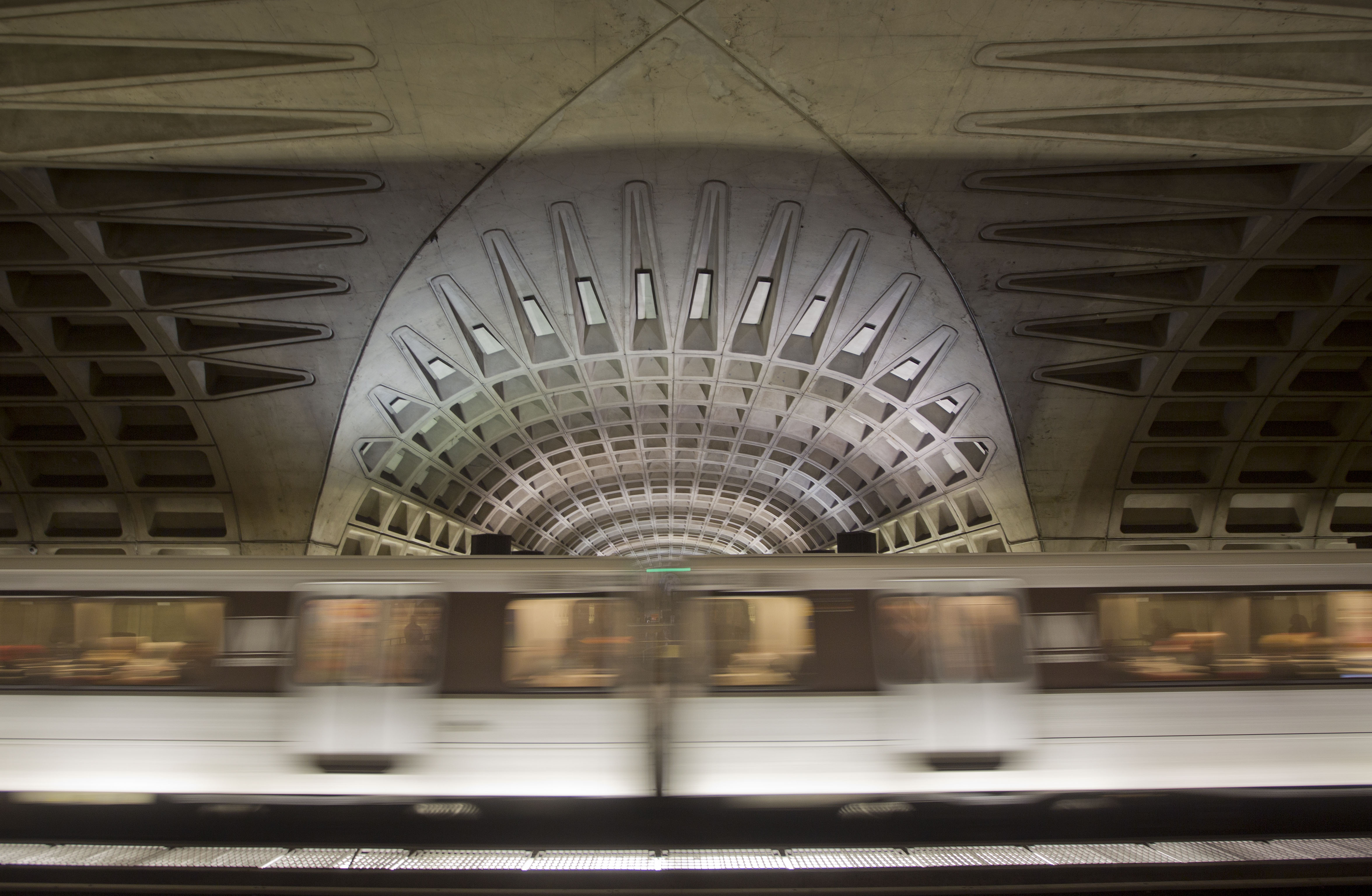WASHINGTON — Metro has ordered trains to slow down through the heart of the rail system to reduce the risk of dangerous smoke and electrical fires — more than a year after the transit agency considered but never applied similar speed restrictions.
Metro General Manager Paul Wiedefeld has ordered the speed and acceleration restrictions in response to Federal Transit Administration concerns that trains were pulling too much power through the electrified, third rail. That extra power demand could increase the risk of dangerous smoke and fire events, like the smoke near the L’Enfant Plaza Station that ultimately killed rider Carol Glover in 2015.
“It was something, apparently, that had been talked about (for) awhile here. So when I talked to the technical people, it was like, ‘yeah, that’s something we can do and we can do it pretty quickly’,” Wiedefeld said Thursday. “Apparently they had looked at (it) a year or so ago,” he said.
The deputy general manager who had been in charge of such decisions is no longer with Metro.
After the deadly Jan. 12, 2015 smoke event, Metro had said it would study limiting trains to 45 mph in Downtown D.C. But train speeds were never reduced.
Federal investigators say Metro has long put running trains ahead of safety concerns and maintenance.
While the new speed restrictions could slow most rides by a few minutes, Metro is not making any immediate changes to shorten trains.
The FTA suggested that eight-car trains could also increase the risk of smoke and fire incidents. But Metro leaders say they are discussing with oversight officials what evidence the FTA has to support that.
The vast majority of trains Metro runs are six cars long. But the transit agency has long-term goals to increase the number of eight-car trains running through the system. Metro has said that the new 7000 series cars will only run in an eight-car configuration.
In addition to the yearlong track work scheduled to begin next month, Metro has several projects underway to upgrade the power system.
Wiedefeld is also having all porcelain insulators in underground stations replaced with fiberglass versions under the electrified third rail by the end of June.
Although Wiedefeld said there is no immediate safety threat, a porcelain insulator exploded last week at the Federal Center Southwest Station, prompting a shutdown of part of the Blue, Orange and Silver lines. A scathing federal safety directive followed, along with a threat from U.S. Transportation Secretary Anthony Foxx that he would shut down the system over serious safety issues.






